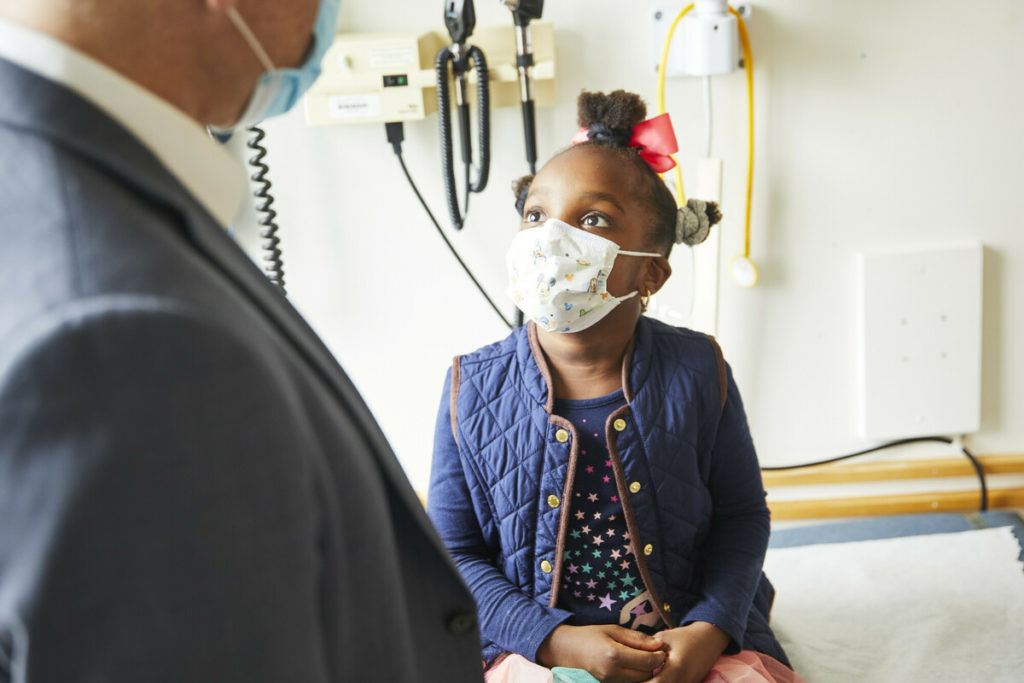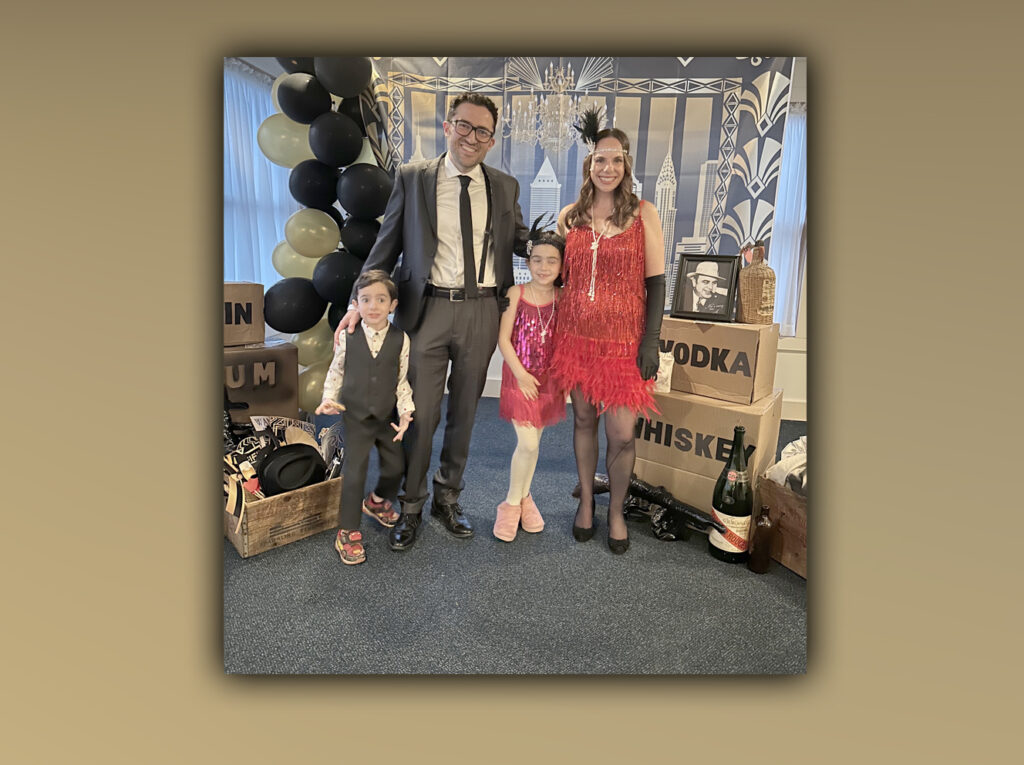Cleft lip and palate are the most common congenital abnormalities in newborns. If left untreated, babies born with these conditions have difficulty eating, speaking or even smiling. Massachusetts General Hospital pediatric plastic surgeon-scientist Eric Liao, MD, PhD, built his career caring for babies and their families — and he has been researching new ways to prevent and treat this complex condition.

Dr. Liao, a Laurie and Mason Tenaglia MGH Research Scholar 2018-2023, developed an innovative cleft lip and palate model in zebrafish — a member of the minnow family, commonly found in home aquariums. With the model, he and his team in the Center for Regenerative Medicine are able to study genetic and environmental factors that may cause or prevent cleft palate. The philanthropy-supported MGH Research Scholars program provides scientists like Dr. Liao with $500,000 of unrestricted funding over five years to pursue bold lines of research — and the freedom to follow the science where it leads.
Transformative Model, Transformative Opportunity
Zebrafish share a remarkable 84% of human disease-causing genes. By altering the analogous genes that cause cleft lip and palate in humans, Dr. Liao is able to create the condition in zebrafish. The fish then pass the cleft genes along as they produce thousands of eggs each week. Since zebrafish embryos develop outside the womb in a petri dish, researchers can observe the entire process while a single cell develops into a moving embryo with all the major organs — including the face — within 24 hours.
These genetic and developmental advantages allow Dr. Liao and his team to test the effects of common substances, like caffeine and alcohol, or conditions, like gestational diabetes, on the development of clefts. They can also study the complexity of genetic changes associated with this facial deformation and test new treatments and prevention approaches. This research may one day help them answer one of the most common questions expectant parents ask — What are the chances our next baby will also have cleft lip and palate?
“When I see families, I can reassure them we’re going to take great care of their child,” said Dr. Liao on a recent virtual tour of his lab. “That’s the advantage of Mass General; not only do we do the science, we’re also able to take care of complex clinical problems.”
The MGH Research Scholar award is a transformative opportunity for researchers like Dr. Liao. He credits the award with allowing him to ask the daring questions that push the frontier of science forward. “We’re able to translate what we’re doing in the lab into ways to improve care for babies with cleft palate. That’s really our mission.”
To donate to the Mass General Research Institute or for more information, please contact us.

This story is just one example of the groundbreaking efforts taking place at Mass General, home to the largest hospital-based research enterprise in the U.S. — the Mass General Research Institute. The Research Institute encompasses and provides support to thousands of scientists, hundreds of laboratories, and helps to guide, connect and promote this unrivaled community of investigators as they advance the future of medicine, from the bench to the bedside, to the community and world.





